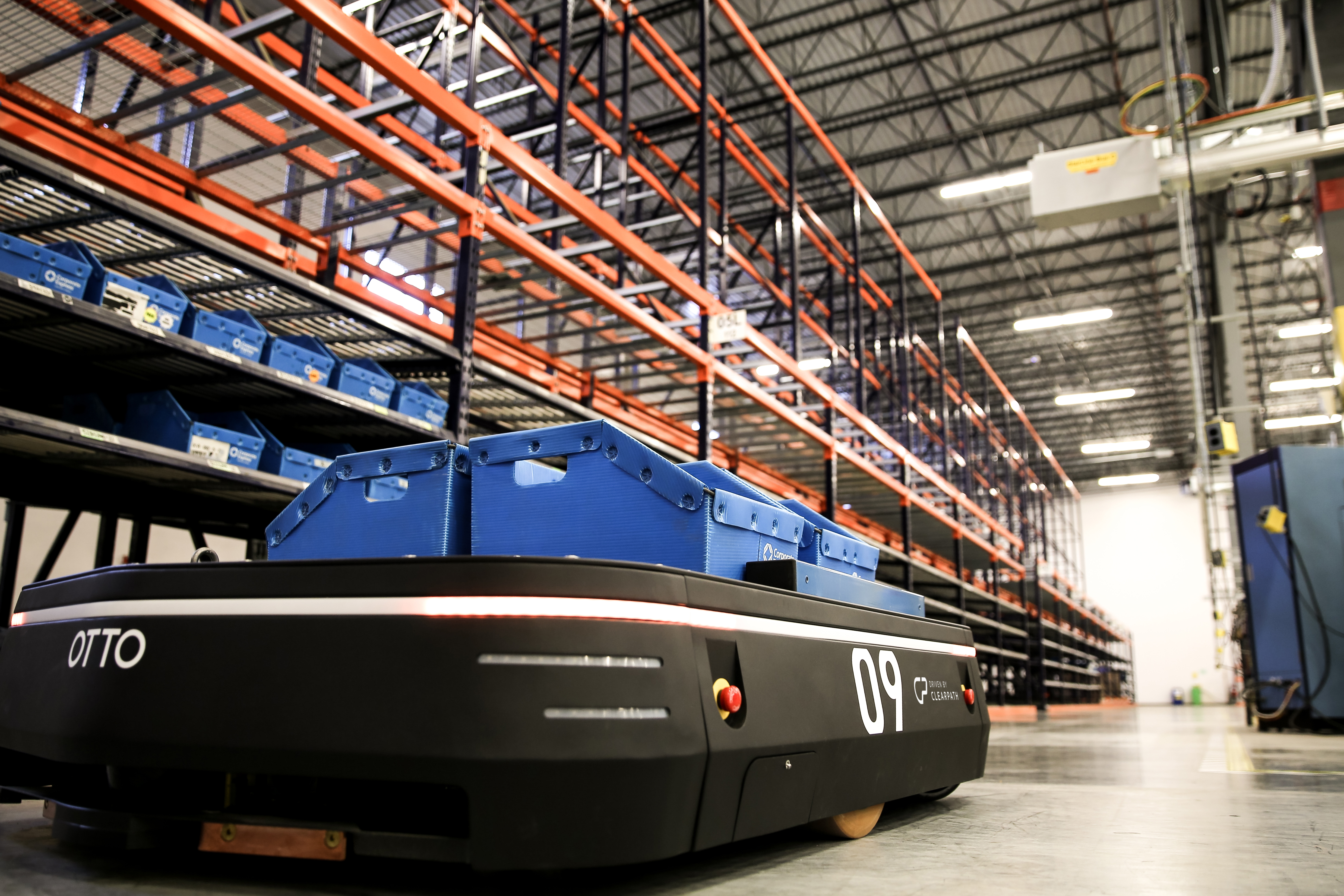
Canada’s OTTO Motors expands to Japan
by CM Staff

OTTO produces self-driving vehicles that move materials within manufacturing and warehousing facilities; the firm sees opportunity in labour-starved Japan

PHOTO: OTTO Motors
TOKYO – OTTO Motors, the industrial division of Kitchener, Ont.-based Clearpath Robotics Inc., announced on Feb. 12 its entrance into the Japanese market.
OTTO produces self-driving vehicles that move materials within manufacturing and warehousing facilities. The move marks the firm’s first expansion outside North America.
OTTO is partnering with Altech, a specialized trading company that imports advanced machinery and equipment from Europe and the United States to support Japanese industrial companies.
“This is a big moment for OTTO Motors,” said Richard Baker, OTTO’s chief revenue officer, in a prepared statement. “Our innovative self-driving vehicles have been helping modernize factories throughout the United States and Canada since 2015.”
Together, OTTO Motors and Altech have already begun to serve customers in the automotive, logistics, food and industrial equipment industries. One such customer is HIROTEC, a tier 1 automotive parts supplier to Mazda. HIROTEC installed three OTTO self-driving vehicles within its Hiroshima, Japan, plant to deliver Mazda door panels to welding cells as part of a mission-critical process.
OTTO says by installing the three self-driving vehicles, HIROTEC was able to eliminate the need for eight legacy autonomous guided vehicles, along with improving material movement efficiency and increasing throughput.
“Altech has a proud history of providing high-quality technology products and services to our customers,” said Hidehiko Suyama, executive director of Altech. “Now, we are proud to be the first to bring OTTO Motors products to the Japanese market, where we know there is great demand across several industries.”
The global market for mobile robotics is expected to exceed $224 billion by 2030, according to global technology market advisory firm ABI Research. OTTO says this means demand in Japan will be particularly high because of the country’s demographic inversion: having fewer young people than older people means that there is not enough labor supply to do all the work needed to power the economy, and automation will need to be relied on.